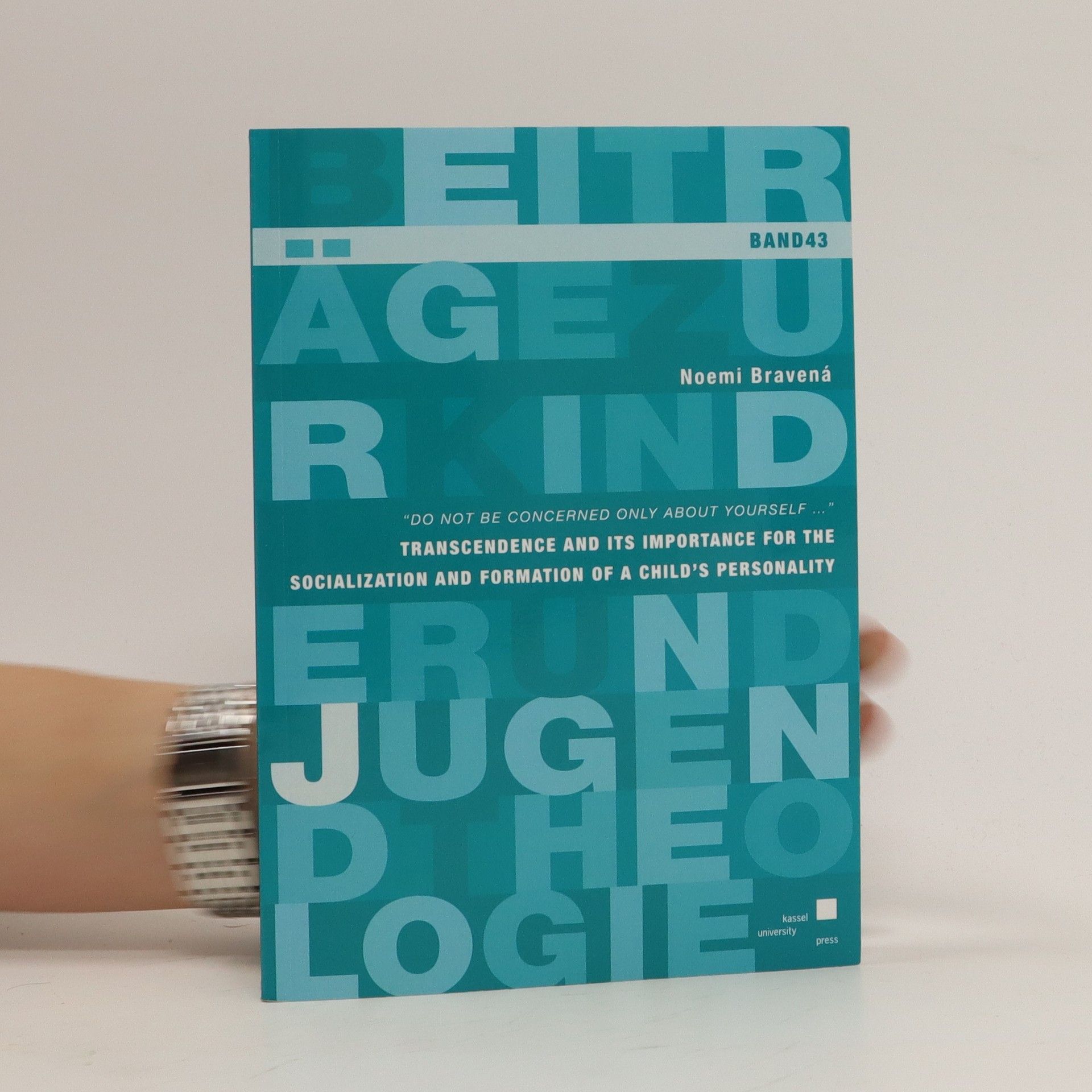The Bohemian reformer Jan Hus is an important figure for understanding both previous and later developments of the medieval church. This book probes the heart of Hus's theological views concerning the human conscience, justice, and truth by examining his legal appeal to Jesus Christ against the pope and canon law and his preaching.
Angelo Shaun Franklin Bücher



The Four Articles of Prague within the Public Sphere of Hussite Bohemia
On the 600th Anniversary of Their Declaration (1420-2020)
- 154 Seiten
- 6 Lesestunden
Focusing on the Hussite movement's impact, this book explores the Four Articles of Prague and their role in shaping Bohemia's transformation and constitutional evolution. It provides a new translation of these articles and situates them within the broader context of the European Reformation, highlighting their significance in the public sphere of Hussite Bohemia. The analysis delves into the interplay between religious reform and political change during this pivotal period in history.
This interdisciplinary work introduces and critically examines a new paradigm centered on the concepts of transcending, transcendence, and overlap, particularly in relation to children, their personalities, and socialization. While transcendence is often associated with theology or philosophy, the author illustrates its deep connections to psychology, educational philosophy, and pedagogy. The book explores the idea of unity in plurality and seeks to define “transcendence” within the educational process. It questions whether transcendence—defined as being “not concerned only with one’s own self”—can serve as a cross-curricular educational concept and how various subjects can foster the transcendent dimension in children, which the author identifies as the competence of higher-order thinking. A new pedagogical paradigm is proposed, supported by insights from Czech authors and relevant quotations from the Czech curriculum. This exploration encourages readers to recognize the paradigm's applicability in any country prioritizing the promotion of human values and societal good. Furthermore, religious pedagogy is integrated within the broader educational framework, emphasizing its vital role in nurturing the transcendent dimension of children.